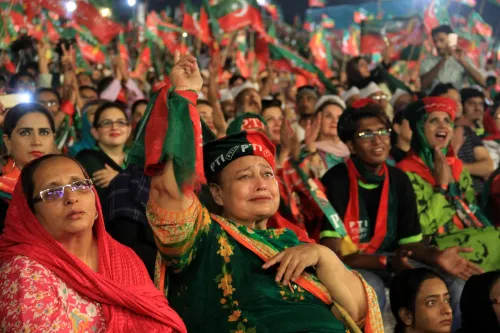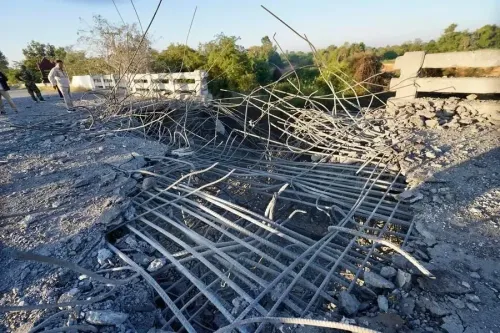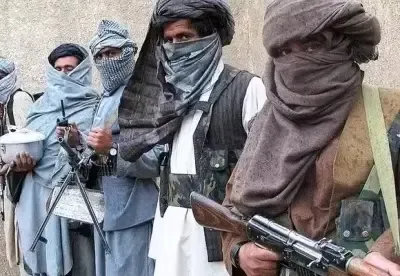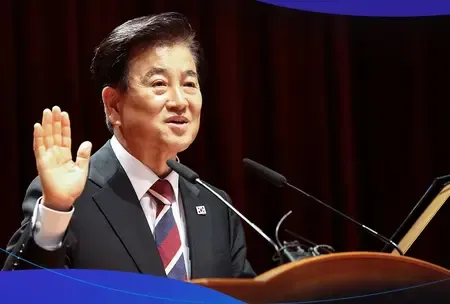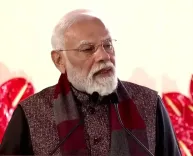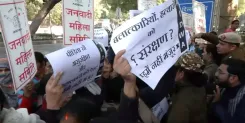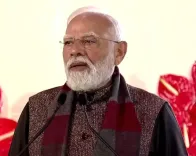Why Did South Korea's Special Counsel Fail to Question Yoon?
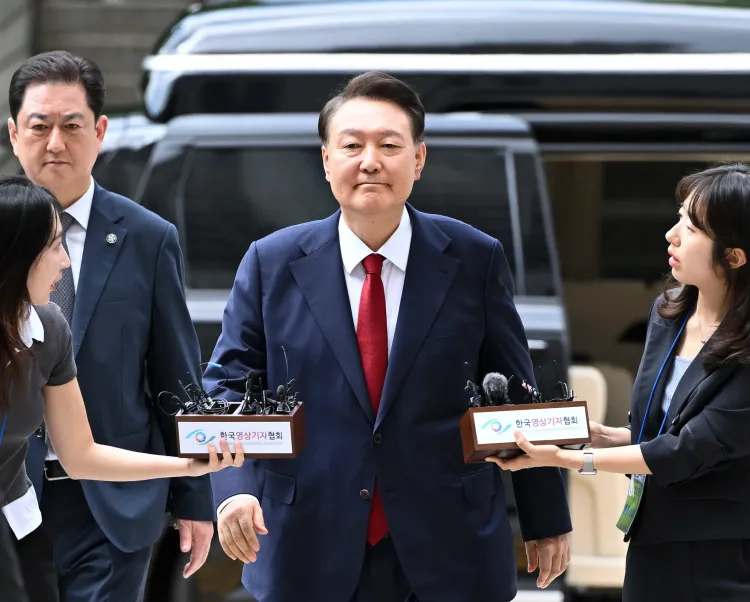
Synopsis
Key Takeaways
- Yoon Suk Yeol is facing serious charges related to his martial law declaration.
- Refusal to cooperate with questioning may adversely impact his legal standing.
- The special counsel may consider indicting Yoon without further interrogation.
- Yoon's legal team argues that the questioning process is an attempt at public humiliation.
- Understanding the implications of this case is vital for the future of South Korea's political landscape.
Seoul, July 15 (NationPress) The special counsel team led by Cho Eun-suk in South Korea encountered a setback on Tuesday, failing in their second attempt to bring former President Yoon Suk Yeol from his detention cell for interrogation regarding his martial law ambitions.
The team had issued orders to the Seoul Detention Centre, located in Uiwang, just south of the capital, to have Yoon present in the interrogation room by 2 p.m.
However, Yoon declined to cooperate during two separate attempts made by correctional officers on Monday and Tuesday, as reported by the team. The officers noted that they were unable to use physical force due to his former presidential status.
Assistant special counsel Park Ji-young stated during a press briefing, "The suspect's legal team has not expressed any willingness to engage in questioning since our initial attempt yesterday," adding, "We interpret this as a refusal to participate in any interrogation."
Park emphasized that while the criminal justice system mandates questioning, a suspect does retain the right to remain silent. However, such refusal could negatively impact the suspect's situation during sentencing, she cautioned.
The former president has consistently rebuffed multiple summons from the special counsel team since his arrest last Thursday.
In a statement to the press on Tuesday, Yoon's legal representatives denounced the special counsel's insistence on bringing him in for questioning, arguing that he could be interrogated at the detention facility instead. "This is merely an attempt to publicly humiliate a former president," they claimed.
Assistant special counsel Park indicated that the correctional officers would be held accountable for their inability to execute the team's directive. "We questioned the correctional officers regarding the specific reasons for their failure to bring suspect Yoon Suk Yeol in," Park remarked.
If this trend persists, it is possible that the special counsel will consider indicting Yoon without further questioning.
Yoon faces five major allegations, including infringing upon the rights of Cabinet members by convening only a select few for a meeting prior to declaring martial law on December 3.
He is also accused of fabricating a martial law declaration document post-December 3 to legitimize his actions, having it signed by then Prime Minister Han Duck-soo and then Defence Minister Kim Yong-hyun before discarding it.
This marks the second arrest of Yoon, as reported by Yonhap news agency. His first arrest occurred in January while he was still serving as president, but a court later annulled the arrest, leading to his release in March.
Since then, Yoon has been undergoing a trial concerning charges of insurrection and abuse of power linked to his unsuccessful martial law initiative.


